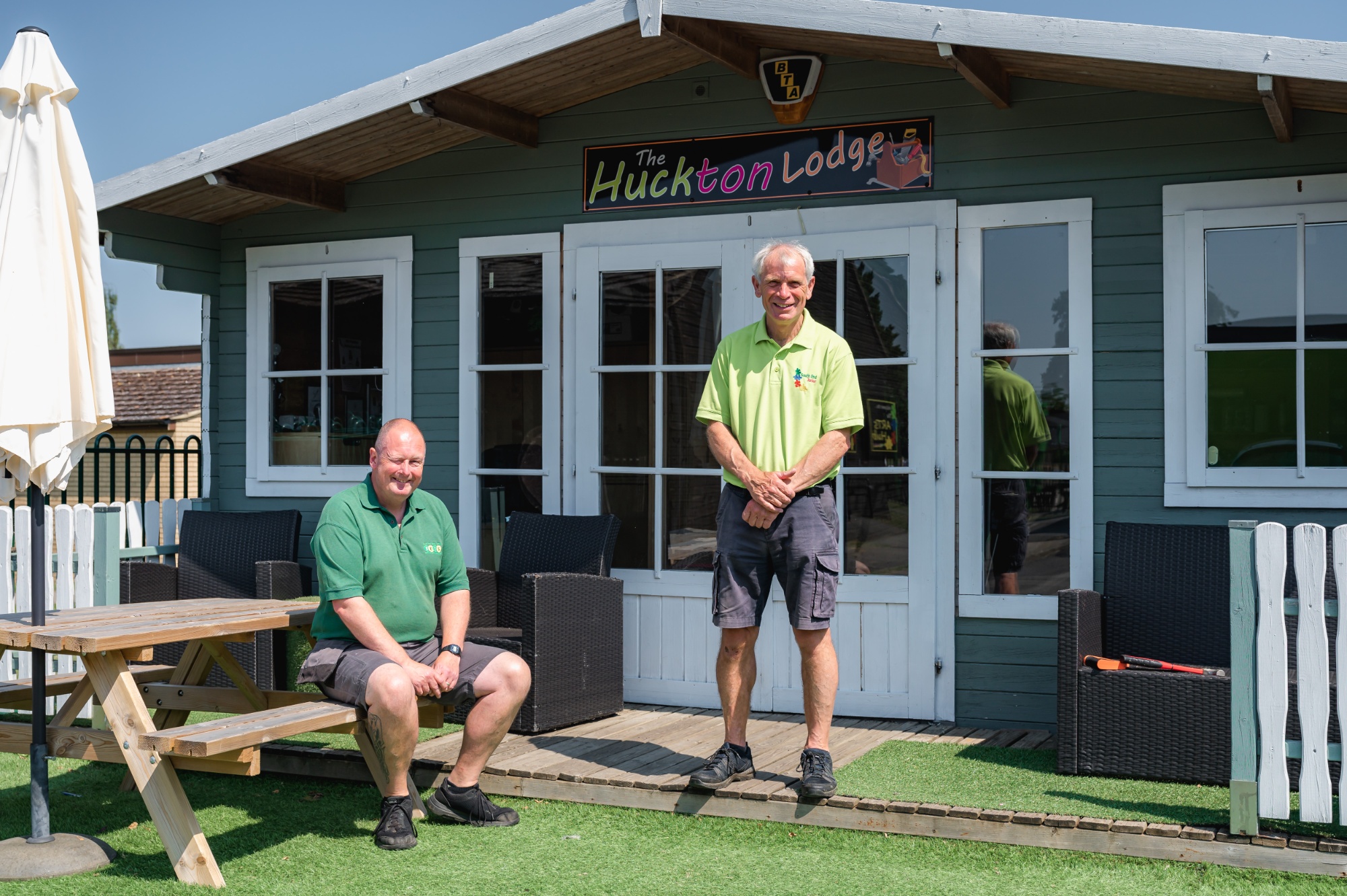Wellbeing
We use emotion coaching as a whole school approach to support behaviour and emotional regulation and every classroom has a sensory box with calming activities. All pupils have key adults they can talk to should they need to, and the Den is our sensory room where pastoral interventions take place. These include Protective Behaviours, Drawing and Talking, Lego Based Therapy, and Zones of Regulation. We actively support Mental Health Awareness Days. Pupils who need it have individual support plans. We openly talk about mental health, and we encourage children to do so. Our jigsaw curriculum has wider links to emotional wellbeing and mental health. The school holds the silver TaMHS accreditation, and we work closely with the Mental Health Support Team, Service Six and Jogo Behaviour Support.
EMOTIONAL LITERACY SUPPORT ASSISTANT (ELSA)
We now have a fully trained ELSA in school to support children with emotional difficulties. This includes support with:
- Emotional awareness
- Self esteem
- Emotional regulation (including anger management)
- Social and friendship skills
- Use of social stories and therapeutic stories
- Loss, bereavement and family breakup
- Active listening skills
ELSAs are supported by the Educational Psychologists who deliver the training and provide ELSA supervision. Elsa work is not therapy but is planned , focused psychological intervention. It can be offered usually on an individual basis but sometimes in small groups. Intervention normally lasts for about six weeks and needs to have clear and realistic outcome aims. Following completion of the programme there may be a period of shorter and less frequent follow-up sessions to support consolidation of new skills.
The aim is to help children to develop new coping skills and build resilience. ELSAs develop bespoke programmes that offer guidance rather than instruction. When children reach their own solutions (with our support) they have greater ownership and consequently commitment to them.
There is consistent feedback from schools in the UK that ELSAs make a positive impact on the emotional well being of children and young people. Evaluations show improvements not only in emotional health but also attainment and involvement in class.
WHAT ARE THE MENTAL HEALTH SUPPORT TEAMS?
Mental Health Support Teams (MHST) have been created to offer early intervention, low intensity, mental health support within schools for children and young people with mild to moderate mental health difficulties. The MHST will also support the Mental Health Lead in each education setting to introduce and develop their Whole School Approach. The MHST will also offer support and advice to education setting staff to identify the most appropriate services for their need and help liaise with other appropriate services.
The purpose of the MHST is to improve the mental health and wellbeing of children and young people and is driven by the Green Paper ‘Transforming Children and Young People’s Mental Health Provision’ (www.gov.uk).
In Northamptonshire, we have two current MHST; one in Central Northampton and one in East Northamptonshire.
Our three new teams will be in Corby, Kettering and Wellingborough.
Each team will consist of four trainee Education Mental Health Practitioners, one CBT Therapist/Supervisor, two Mental Health Practitioners/Supervisors. We also have a small administrative team, an Operational Team Lead and Clinical and Team Leads. The MHST will sit within CAMHS services within Northamptonshire Healthcare NHS Foundation Trust.
Your school has signed up to work with MHST. The MHSTs will be taking referrals via your Mental Health Lead in School, with whom you should discuss any concerns you may have about the emotional health of your child/young person/the children and young people you work with.
Your School's Senior Mental Health Lead is: Amy Izycky (aizycky@southend-jun.northants.sch.uk).
CONTACT DETAILS
WHAT ARE EDUCATION MENTAL HEALTH PRACTITIONERS?
Education Mental Health Practitioners (EMHPs) are part of the government’s MHST plans for schools to provide mental health early intervention support for children and young people. Trainee EMHPs spend a year completing a post-graduate course covering evidence based approaches for low intensity care. This phase is the ‘trainee phase’. During this time, they will build up their experience through individual, group and whole school work with pupils, families and staff. Once they have completed the course, they are qualified EMHPs.
SUMMARY OF THE TRAINEE EMHP ROLE
EMHPs have a clear criteria to support low level (low intensity) mental health needs such as low mood, anxiety and phobias through short term pieces of work (4-8 sessions). EMHPs will be able to provide assessments, evidence based individual and group pupil work, shared decision making with pupils, parent-led approaches, onward signposting to other teams and services and whole school projects.
The interventions offered will be Cognitive Behavioural Therapy informed and robust clinical supervision is offered to all practitioners within the MHST.
- Trainee EMHPs will receive weekly clinical supervision from a supervisor to be able to discuss their cases
- Informed consent will be required from children, young people and parent/carers prior to any discussions or referrals
- As part of their training and supervision, trainee EMHPs will be required to video their sessions, the recording will be used for training and supervision requirements only and consent for this can be taken away at any point and will not affect the intervention offered the child, young person, or parent/carer
- A written record of interventions is completed on SystmOne, which is our health electronic record system
- All MHST staff have enhanced DBS checks
LINKS TO MENTAL HEALTH AND WELLBEING SUPPORT:
- https://www.annafreud.org/parents-and-carers/
- https://www.nhft.nhs.uk/camhslive
- https://www.actionforhappiness.org/
- https://www.nhs.uk/mental-health/self-help/guides-tools-and-activities/five-steps-to-mental-wellbeing/
- https://www.asknormen.co.uk/
- https://www.samaritans.org/
- https://ssscpd.co.uk/education/parentsandguardians/child-mental-health-10-tips-for-parents?
- https://www.emotioncoachinguk.com/resources-for-professionals-parents-carers
- https://www.youtube.com/playlist?list=PLRSUkc3BoFgaDSCAmAjdaO0X0-rh6cnei
Text ‘SHOUT’ to 85258 https://giveusashout.org/

